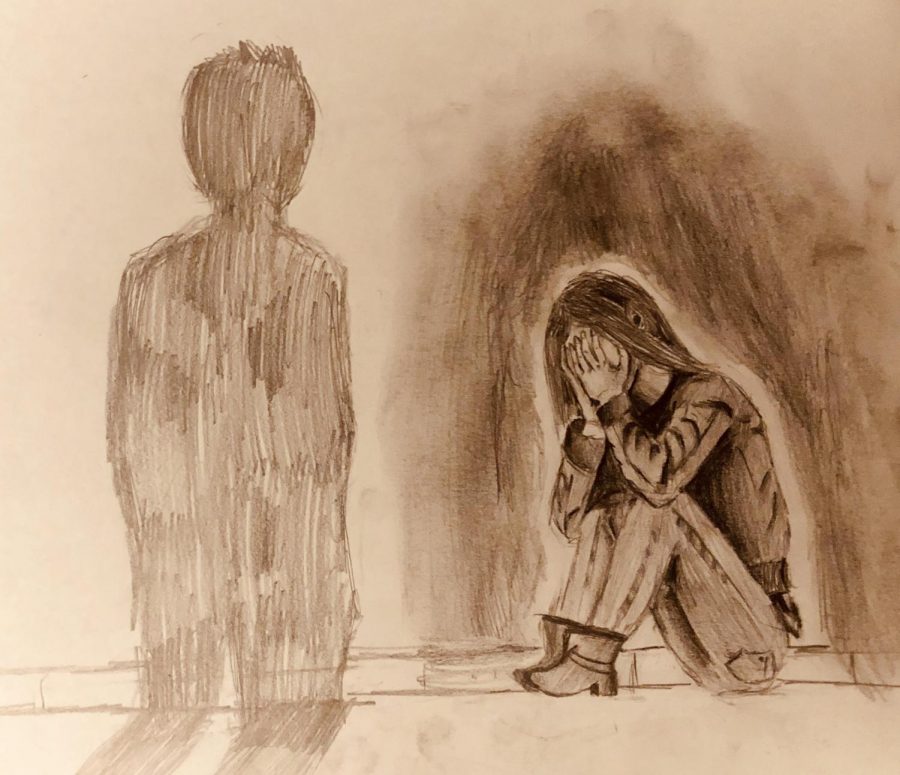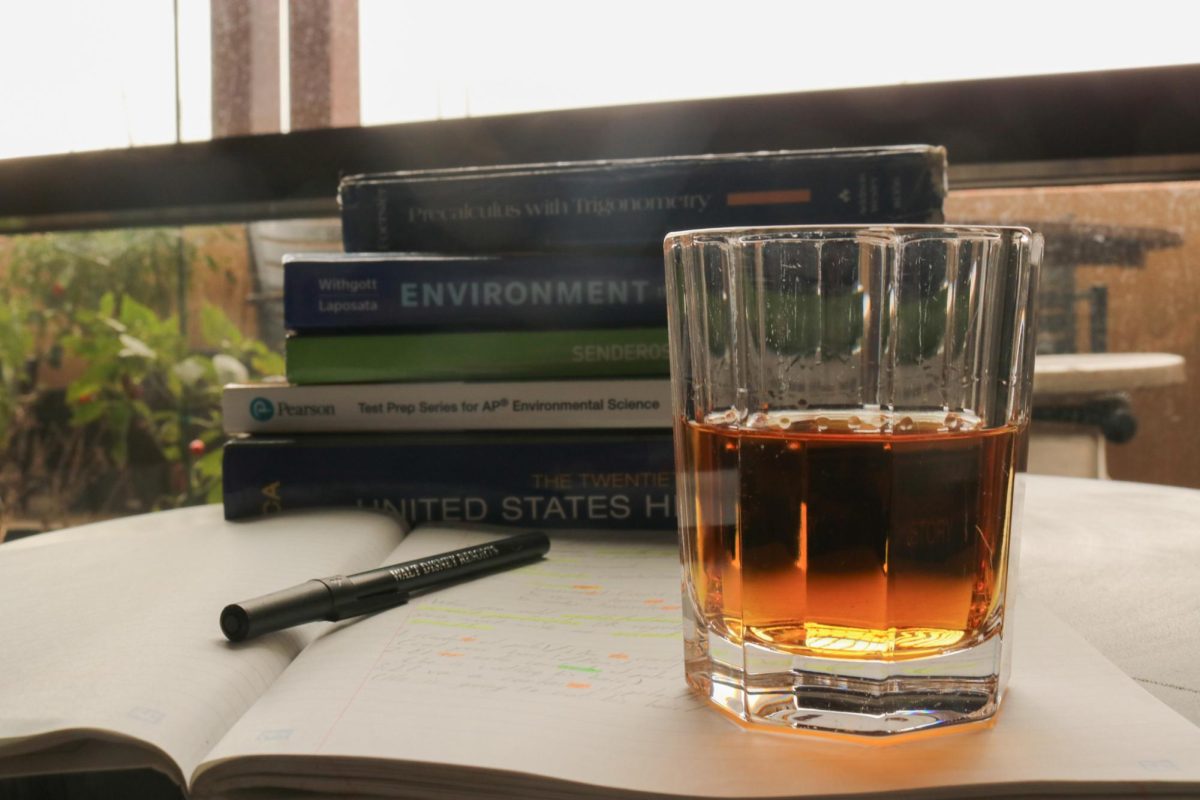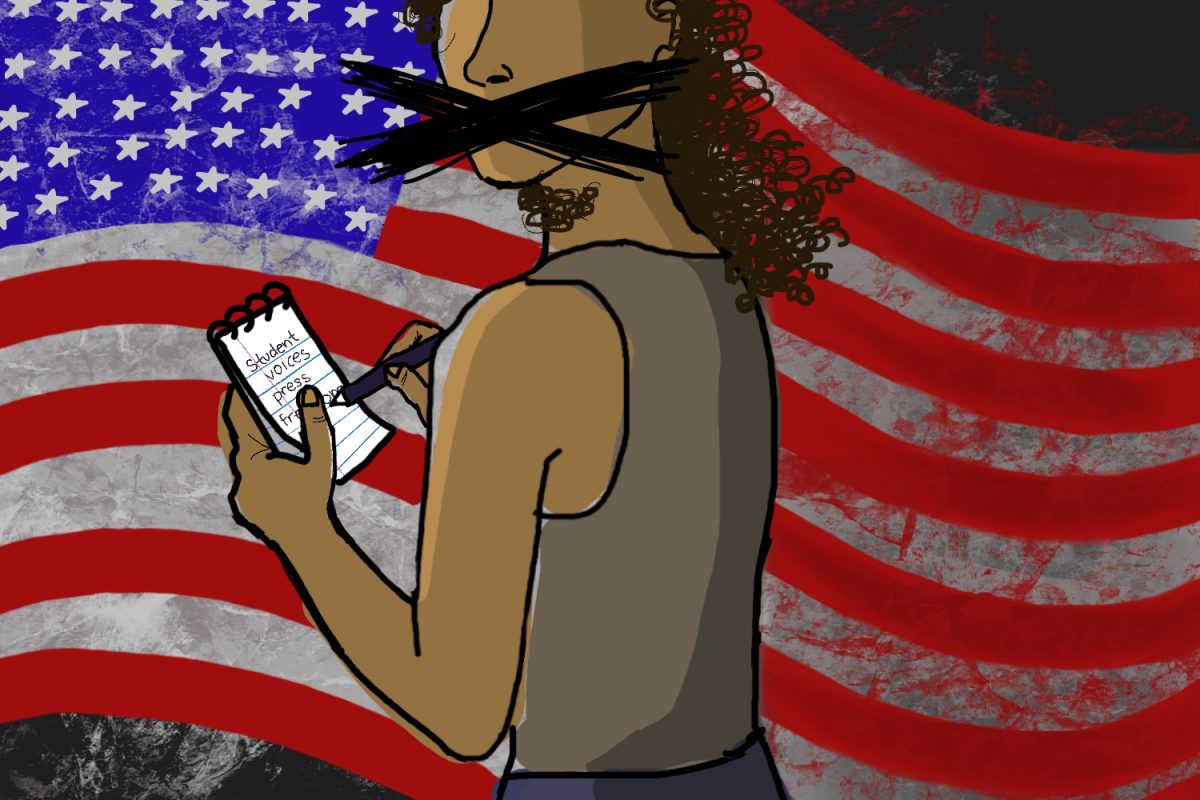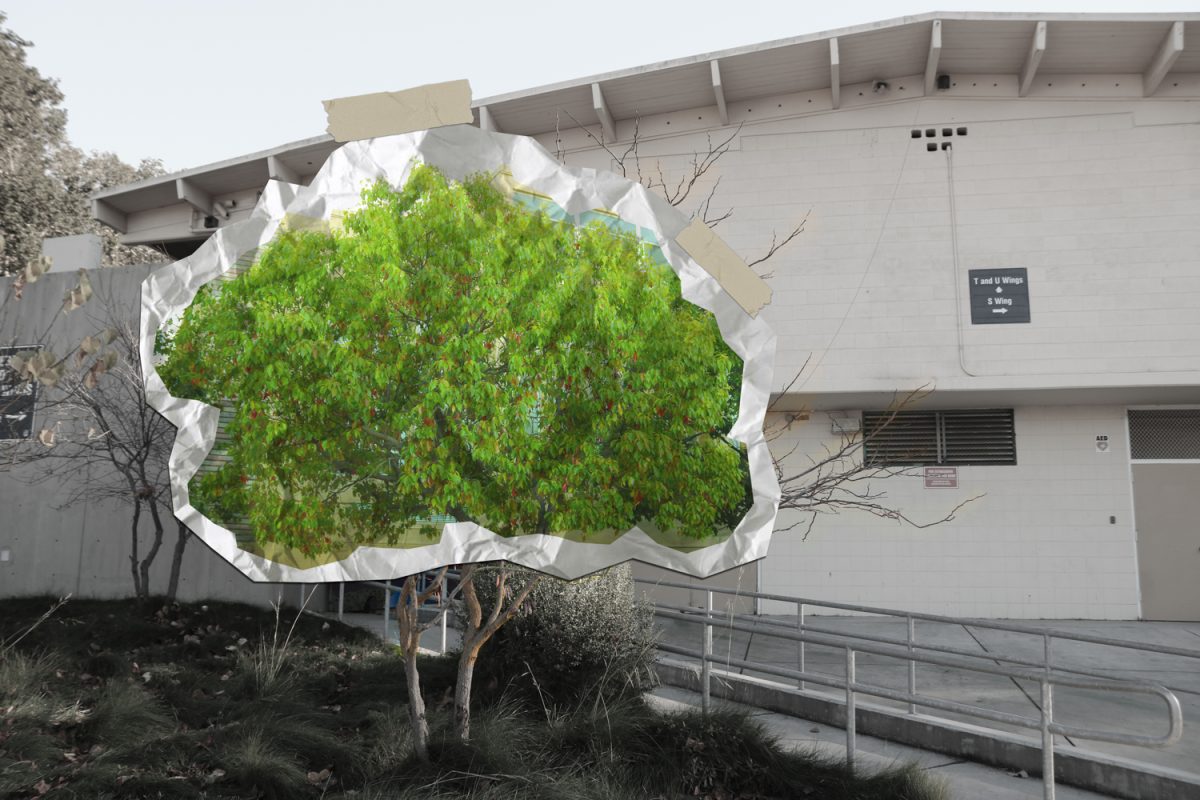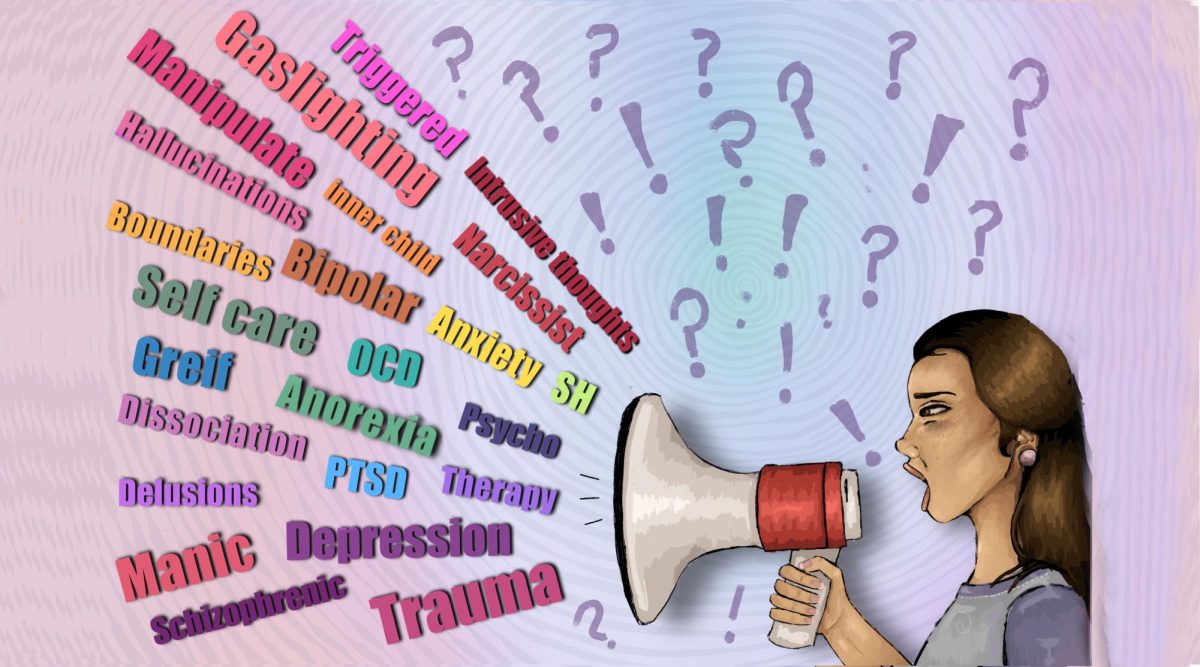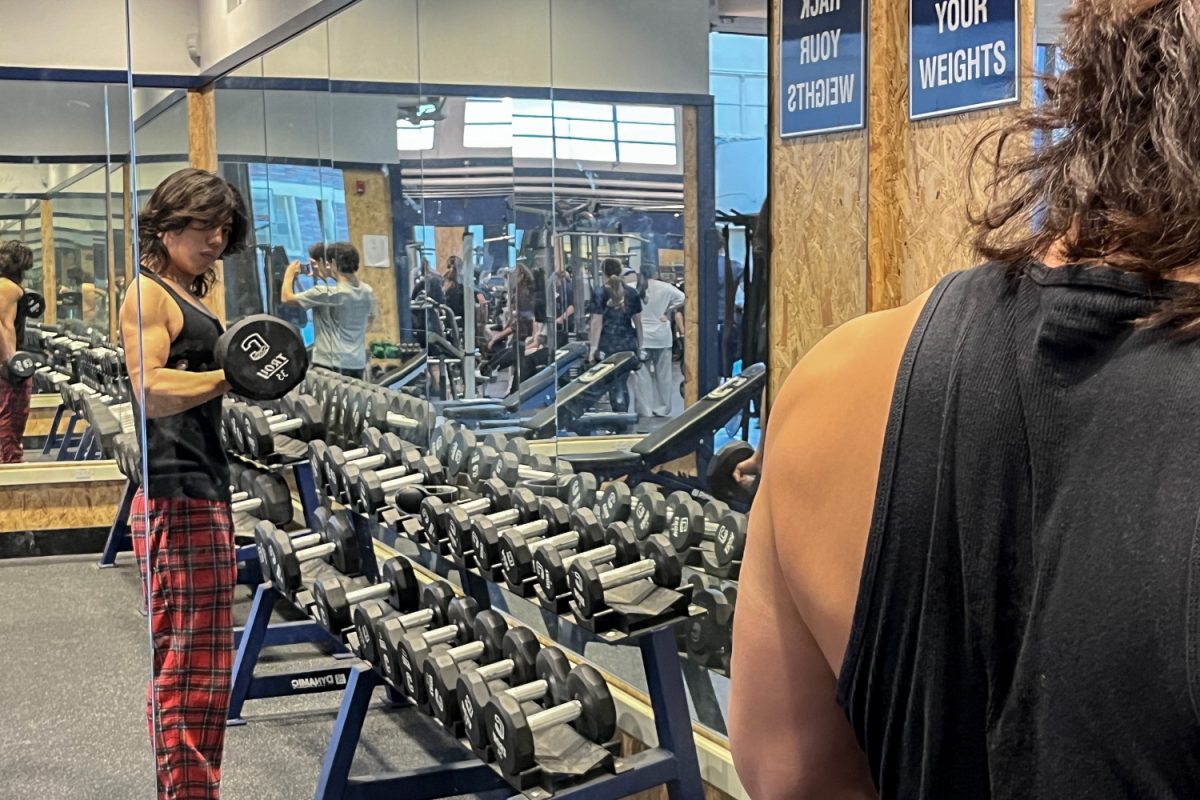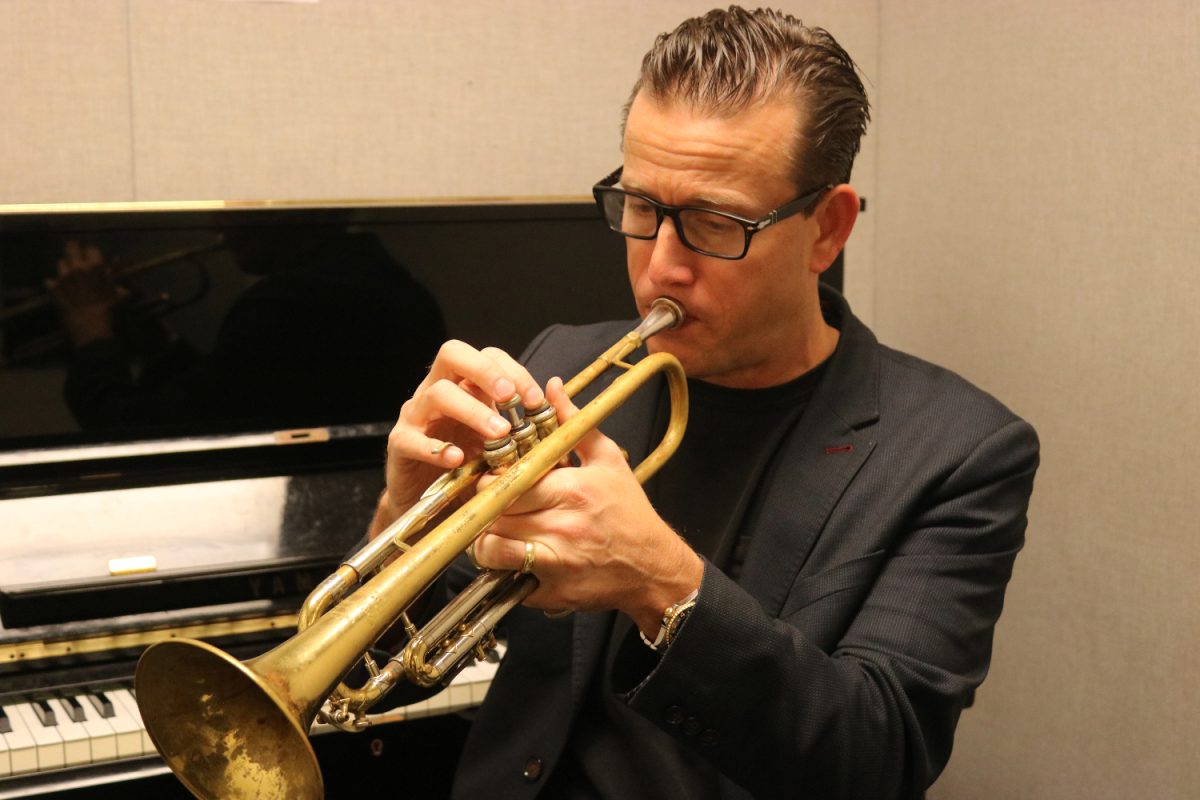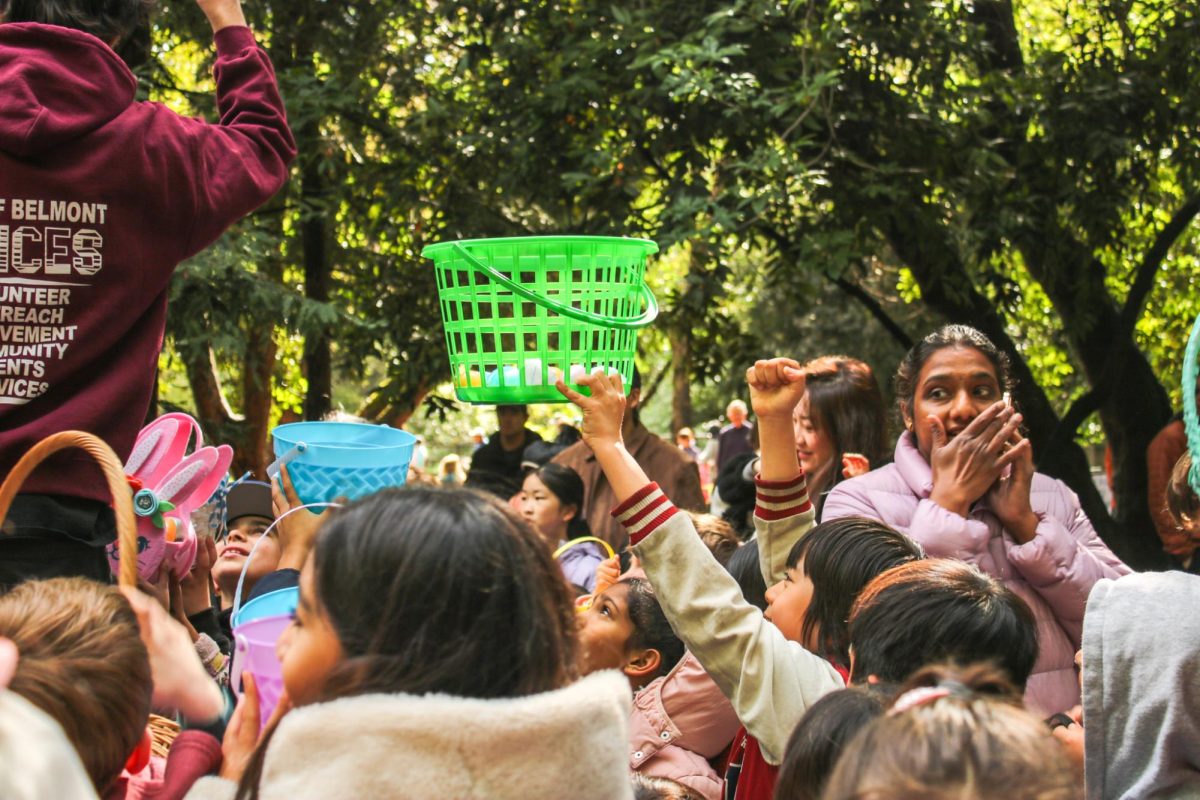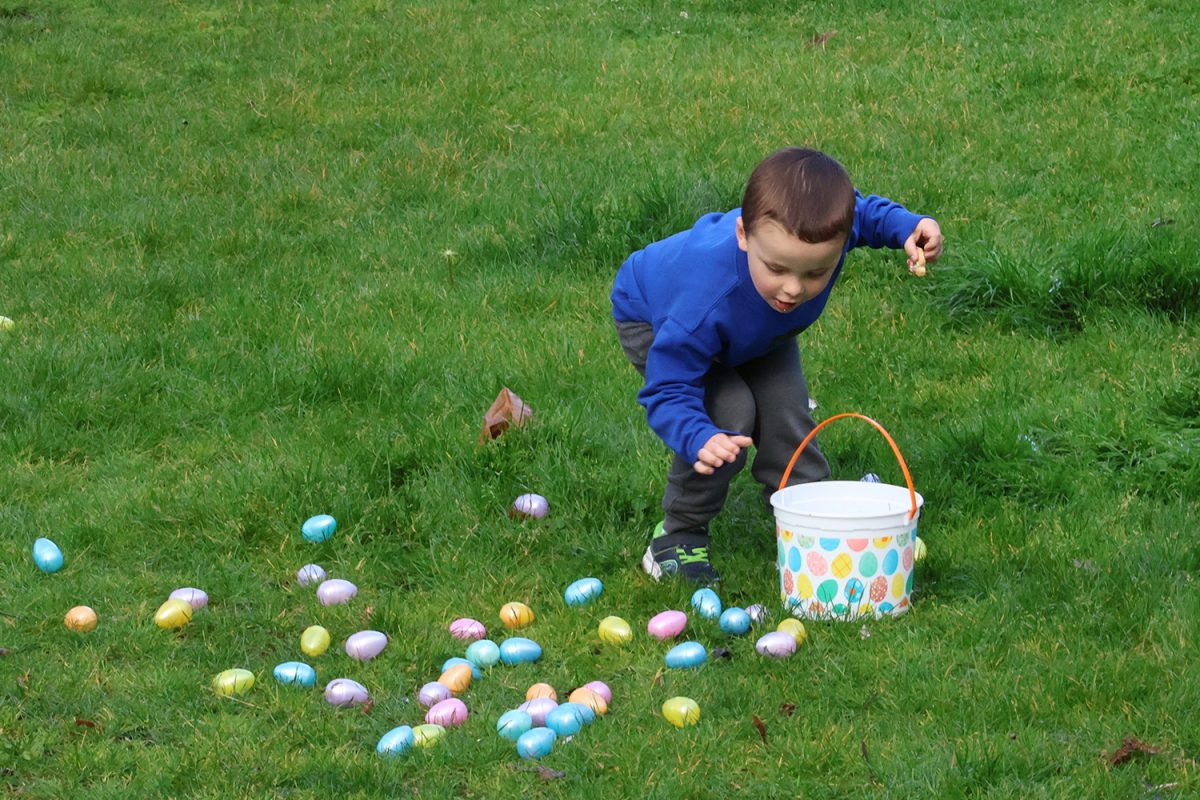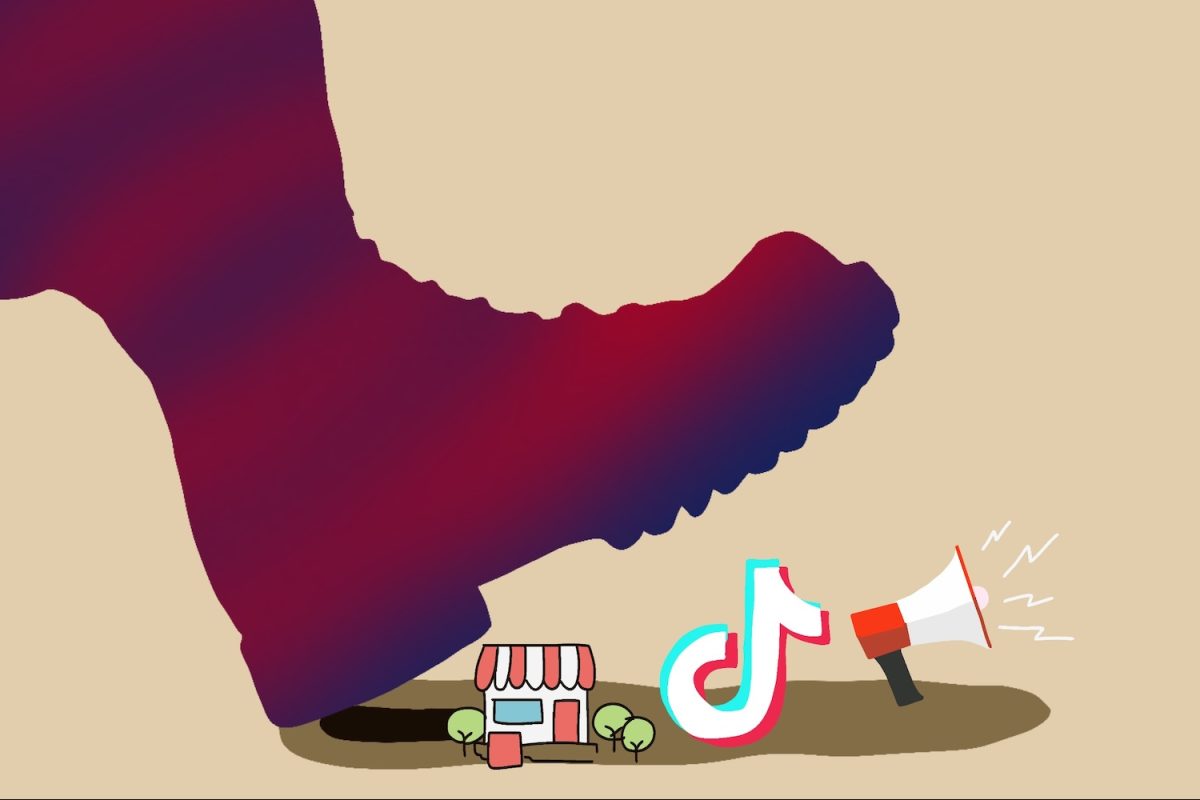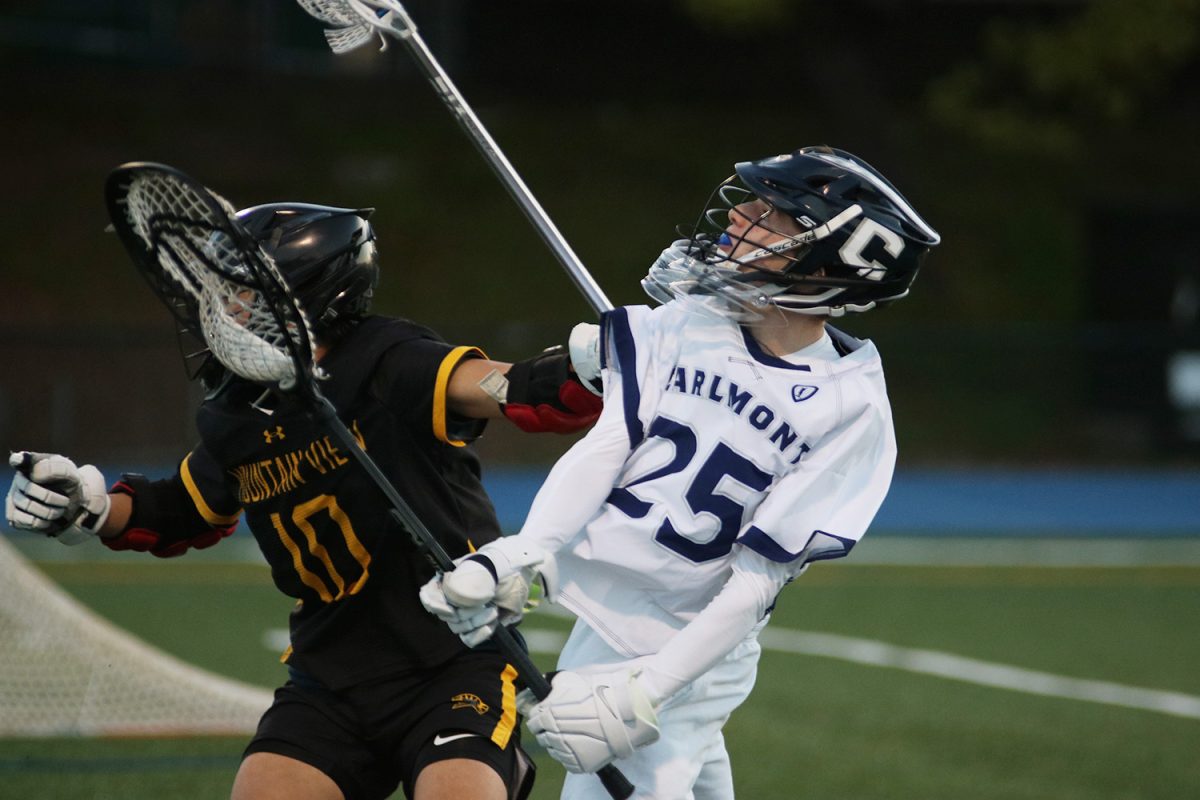“It’s my fault.”
This is one of the many thoughts that haunts the minds of sexual assault victims. Despite the numerous reports of sexual assault, many still do not understand the depth of sexual assault and its impact on the millions of victims around the world. According to the National Sexual Violence Resource Center (NSVRC), about one in five women in the U.S. have experienced sexual violence at some point in their life.
Natalie Astor* is one of these victims.
During her freshman year in high school, she became involved with Tavi Benelli, a former Carlmont student. According to Astor, he began taking an interest in having sex with her, but she refused. She then became another victim of sexual assault. Later, Benelli was charged with multiple counts of assault.
Once Benelli was arrested, Astor had to relive the incident with reports to the police, court, and her parents. Through the numerous retellings, she experienced feelings of guilt and blamed herself for what had happened.
“After the incident, I was in shock. I didn’t know how to act or react to what was going on around me. I distanced myself from everyone I knew. I felt guilty as if what had happened was all my fault, not his,” Astor said.
These profound feelings persisted months after the incident and eventually led to the development of depression.
Mental challenges such as these are common among sexual assault victims. According to the Rape, Abuse & Incest National Network (RAINN), victims of sexual assault may develop post-traumatic stress disorder (PTSD), depression, and increased anxiety.
To some, these mental symptoms are just names, but to victims, they accumulate in an overwhelming weight that affects their everyday life, especially their relationships with others.
In addition to the growing distance between her and her friends, Astor completely isolated herself from everyone. After the betrayal she experienced, it was natural for her to lose faith in people and their intentions.
“It is hard for victims to create friendships because they have a hard time trusting other people and their intentions. The other possibility is that they want to attach so badly, so they’ll throw themselves into unhealthy relationships because they’re trying to fix the trauma that happened,” said Heather Lazzaretti, Carlmont’s clinical social worker.
Once her friends and family realized what she had experienced, they began to perceive Astor in a different light. But, they still wanted to understand and help her. However, in an attempt to comfort her, many ended up doing the opposite.
“Most of the time, other people don’t know what to say or how to feel around the victim. They walk on eggshells around them. But that is the exact opposite of what most, not all, victims want,” Astor said. “They still want you to treat them the same way, still care for them, and not judge them for what they went through. Victims don’t want to be seen as victims; they don’t want that as their title following them around. They want to be treated equally.”
Although countless sexual assault incidents have occurred, organized therapists and psychologists have only a limited understanding of how the victims feel. Because of the complex emotions that come with the trauma, no one other than the victim can fully grasp the concept of how sexual assault affects one’s life.
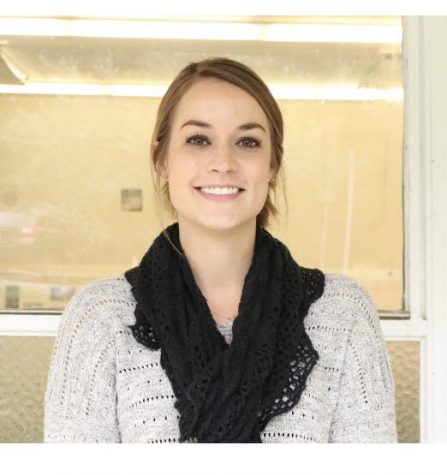
It is hard for victims to create friendships because they have a hard time trusting other people and their intentions.
— Heather Lazzaretti
Shelley Bustamante, Carlmont’s crisis therapist, feels that victims of sexual assault need to address their emotions and experiences.
“One way to support somebody is to let them know that there’s no judgment and no blame. Even acknowledging how hard it must be to feel guilty or ashamed for something outside of your control may help,” Bustamante said.
Although it may seem as if victims of sexual assault remain traumatized throughout their life, that is not always the case. After months of doubt and guilt, Astor slowly allowed her peers back into her life. Once she began to socialize with her friends more, they rushed to support her.
Months after the incident, Astor continues to struggle but said that she has improved her mental health and has gained more confidence in expressing herself and her opinions.
“My mental condition continues to waver,” Astor said. “At certain moments, I will be alright and will not think about it. But at other moments, I lose myself and remember what happened and break down. At the same time, I know it’s okay to break down. I didn’t expect it to be uphill from here. It’s a roller coaster, just like life is.”
*Due to the sensitive nature of the content, this name has been changed to protect the anonymity of the source.


